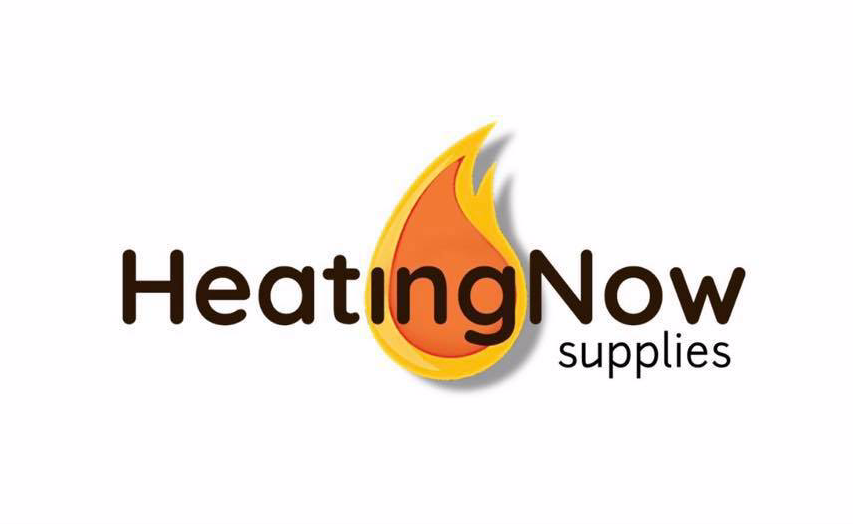CONDENSING
With a non-condensing heat-only boiler, some heat is wasted in the form of hot gases released from the flue. A condensing boiler captures some of the heat from these gases and uses it to heat water returning from your central heating system. It therefore requires less heat from the burner and is more efficient. All new modern boilers are condensing boilers. So if you're thinking of replacing an old boiler with a new one, you will be buying a new condensing boiler and gaining all of the efficiency savings that come with it.
Pros & Cons of a Condensing boiler:
Pros of condensing boilers
- More efficient - condensing boilers are typically 25% more efficient than a non-condensing model.
- This results in lower heating bills and fewer carbon emissions. Safer - there's much less risk of anything getting sucked into a condensing boiler as it takes in air from outside. Whereas non-condensing boilers typically take in air from inside the room, running the risk of sucking small objects (like small stones and debris) into your boiler.
Cons of condensing boilers
- Poor installations limit efficiency - a poor installation, or not using a boiler correctly, means a boiler may not actually condense efficiently.
Getting a Gas Safe qualified heating engineer to install a new boiler will ensure it operates efficiently


